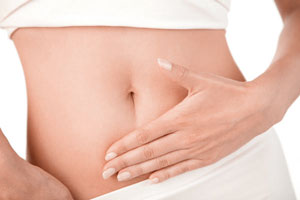Urinary Problems and Urinary Incontinence

Urodynamic Testing (aka Cystometrograms) are specialized tests that are performed to diagnose Urinary Incontinence. This procedure is performed in the office and usually takes less than 30 minutes. A catheter is placed in the bladder and the bladder is filled with sterile water. Pressure readings are obtained by the catheter during the procedure. During this test, the patient may be asked to cough or “bear down” to determine if leaking of urine occurs. The test is pain free and easy to interpret. These tests help your Matlock provider determine the cause of urinary incontinence.
A cystoscope may also be used to see inside your bladder and urethra and help diagnose urinary problems.
There are three common causes of urinary incontinence (loss of urine).
- Genuine Stress Incontinence – usually due to childbirth, this condition often causes loss of urine with straining, coughing or sneezing.
- Urge Incontinence or Detrussor Instability – This condition is due to uncontrolled bladder contractions. Also called unstable or overactive bladder, patients experience urgency and frequent urination.
- Intrinsic sphincter deficiency – This condition is caused by weakening of the sphincter (valve) that holds urine in the bladder.
The good news is that urinary incontinence can be treated with one of several methods, including Tension-free Vaginal Tape (TVT) for the treatment of stress incontinence.
For more information on urinary complications, visit the Web site for the National Kidney and Urologic Diseases Information Clearinghouse (NKUDIC).
Tension-free Vaginal Tape
Urinary incontinence can be treated with one of several methods, including Tension-free Vaginal Tape (TVT) for the treatment of stress incontinence. During this 30-minute minimally-invasive outpatient procedure, the doctor applies a ribbon-like strip that stops urine leakage the way your body was designed to – by supporting your urethra. You can go back to your routine (with no heavy lifting) in just a day or two.
It’s also clinically proven: 98% of women who participated in a study begun seven years ago are still dry, or experience significantly less leakage. After your treatment you can once again laugh, sneeze or cough without worry.